Nuvance Health to join Northwell
Sharon Hospital could be absorbed into new 28-hospital system
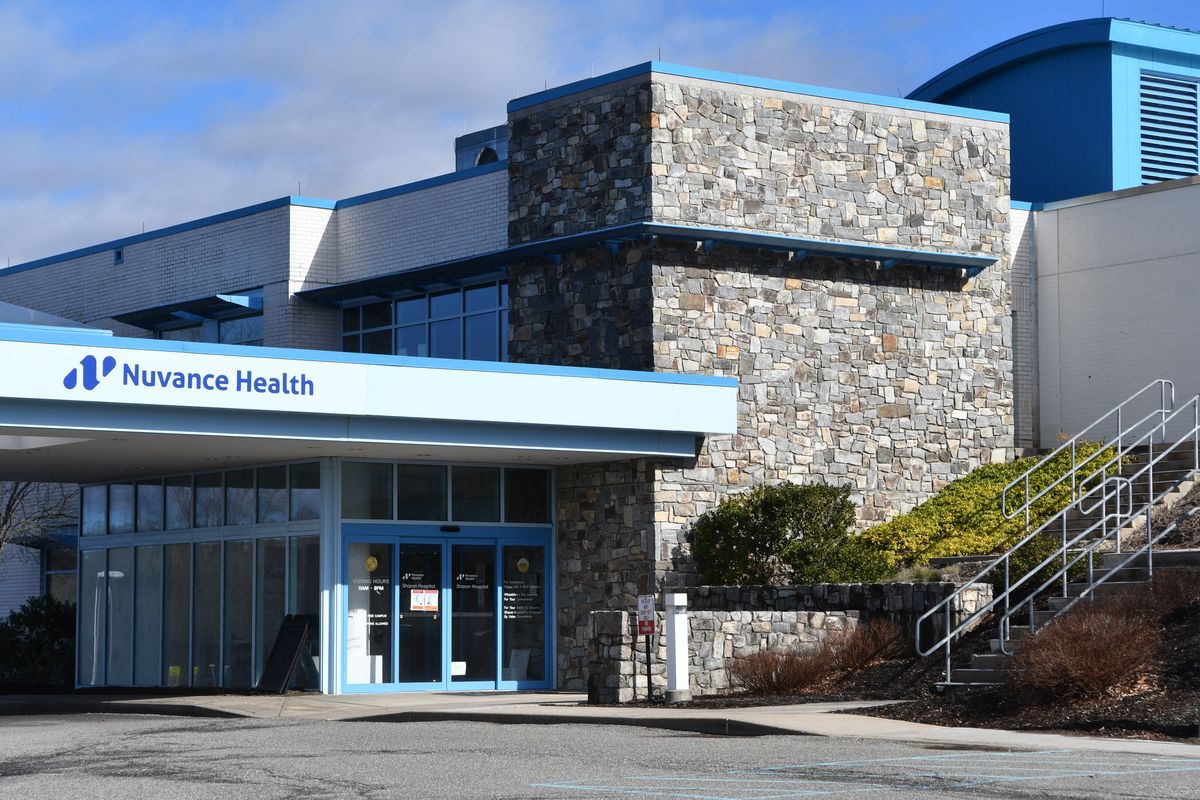
Sharon Hospital, currently part of a seven-hospital system operated by Nuvance Health, may become part of a 28-hospital system under Northwell Health if an agreement between Northwell and Nuvance is approved by regulators.
Bridget Starr Taylor
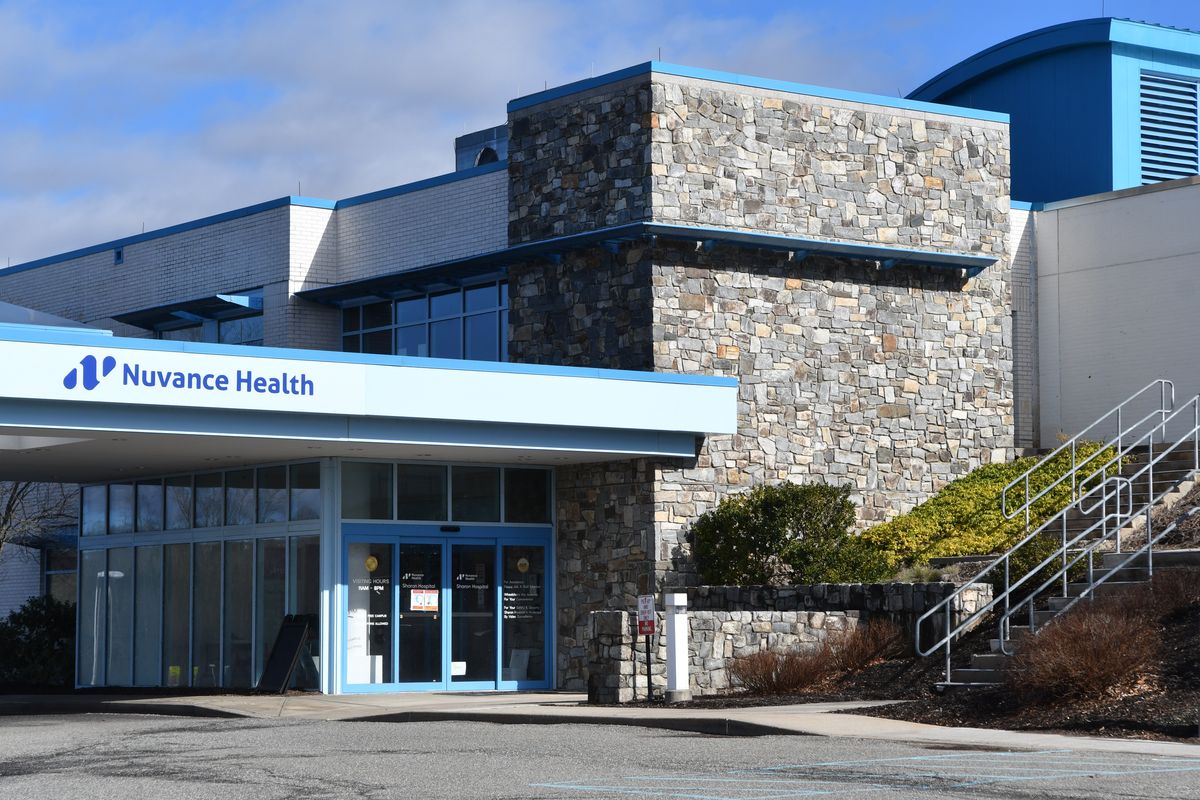

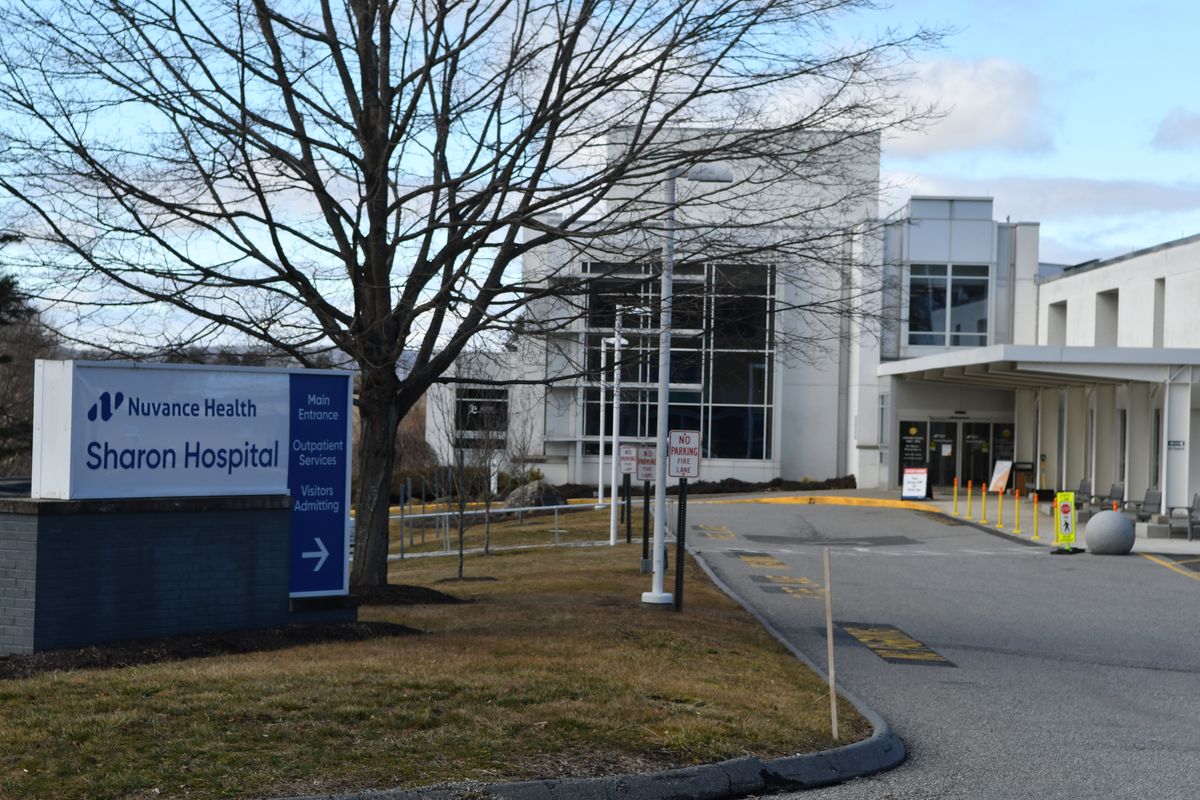
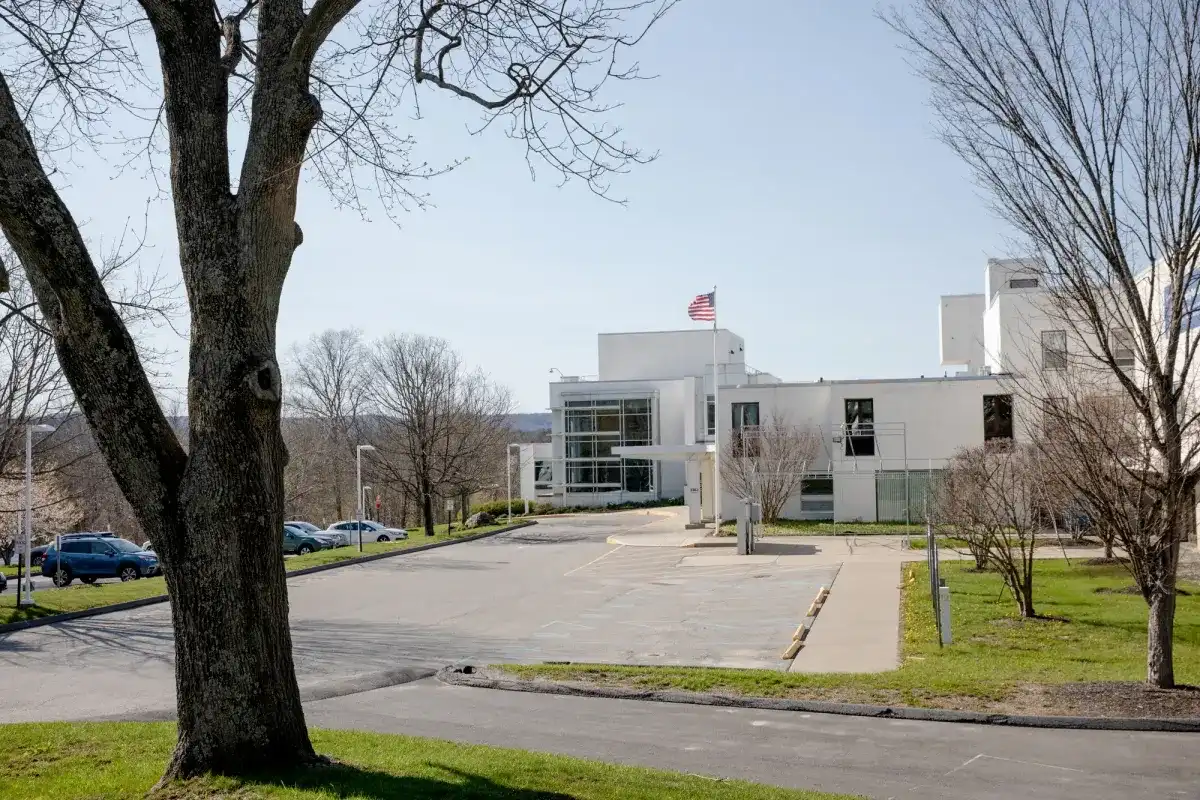
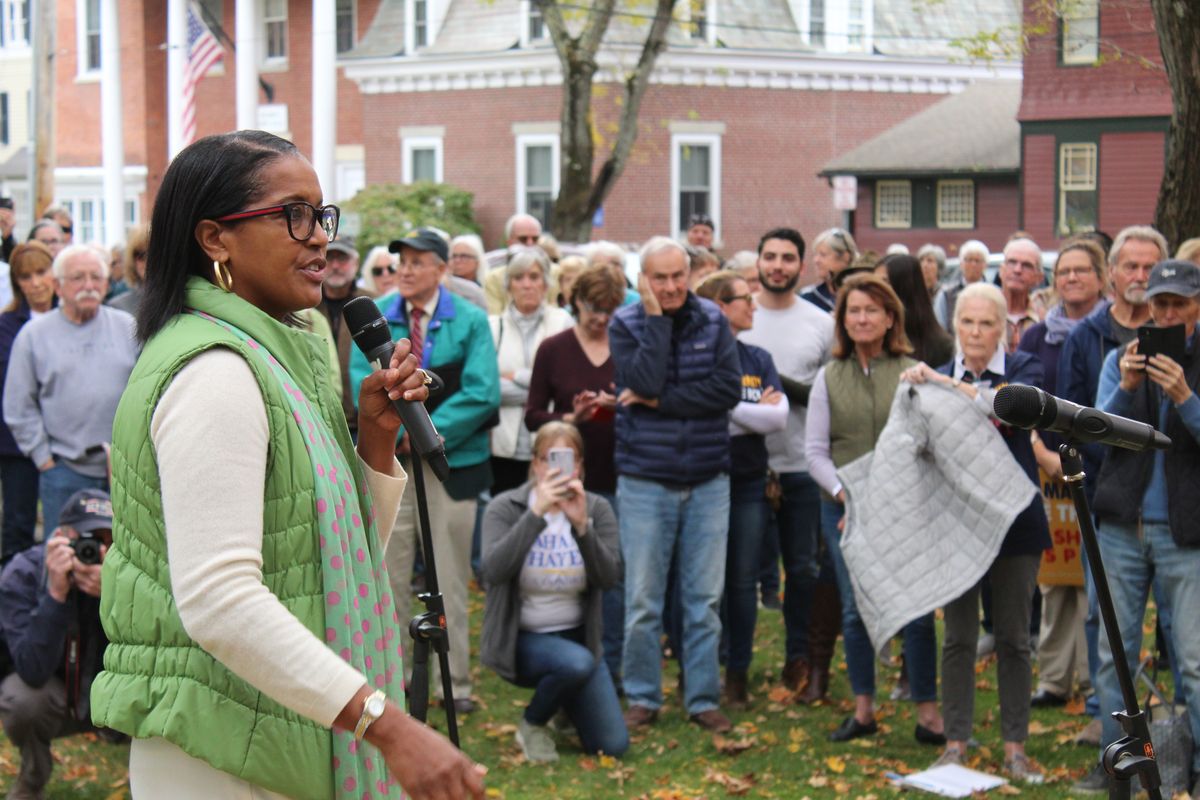







 Interior of the Linde Center for Music and Learning.Hilary Scott, courtesy of the BSO
Interior of the Linde Center for Music and Learning.Hilary Scott, courtesy of the BSO




